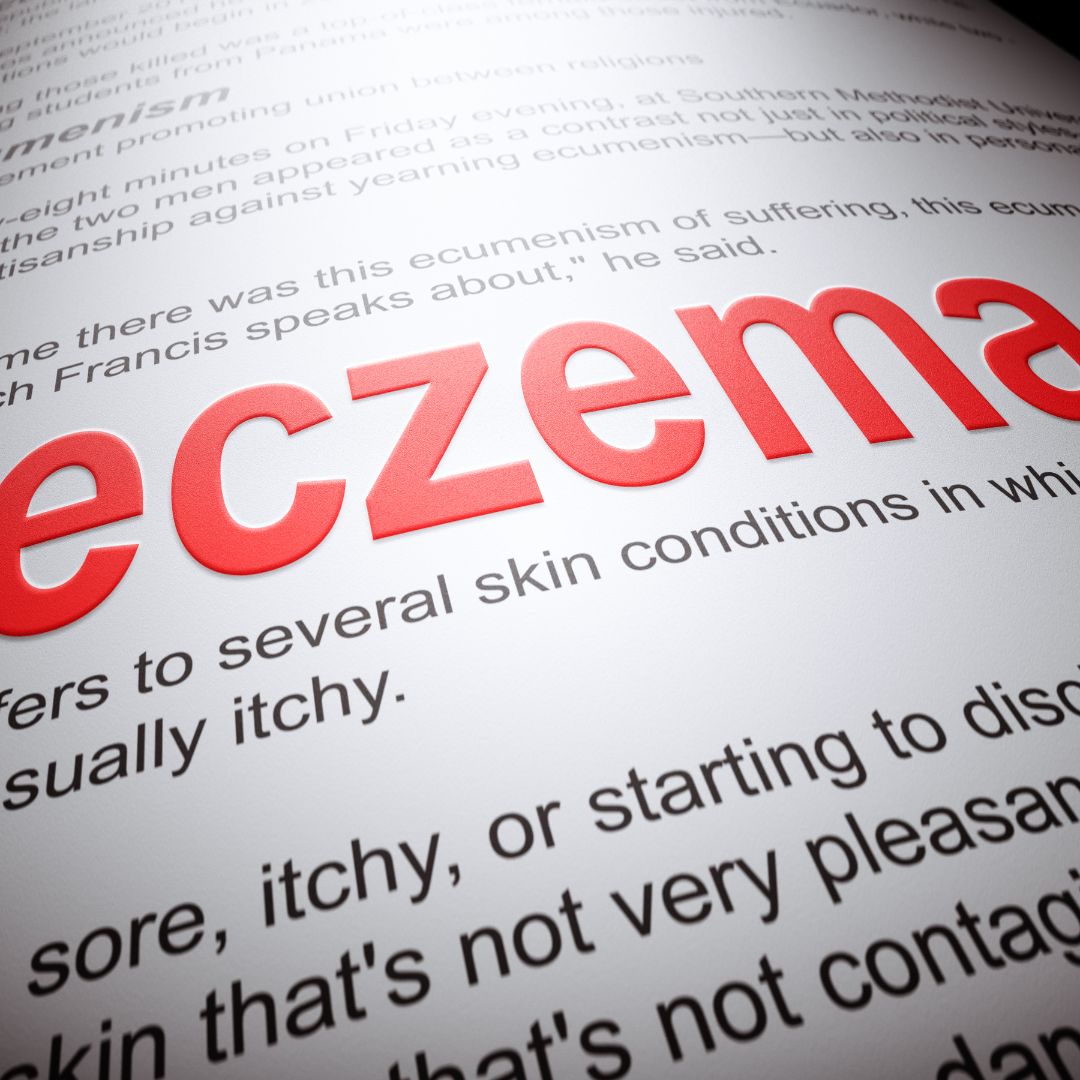
Eczema: Causes and Treatment
Share
Eczema is a common skin condition that affects millions of people worldwide. Understanding its causes, symptoms, and effective treatments is crucial for managing this often uncomfortable and irritating condition. In this comprehensive guide, we will delve into the depths of eczema, exploring what it is, what causes it, and the various treatments available to alleviate its symptoms and provide relief.
What is Eczema?
Eczema, also known as atopic dermatitis, is a chronic skin disorder characterized by red, itchy rashes. These rashes can appear anywhere on the body and vary in severity. Eczema is often linked to allergies and can be triggered by environmental factors, genetics, or a compromised immune system. The condition is not contagious and can occur at any age, but it's especially common in infants and children.
Causes of Eczema: Unraveling the Triggers
Understanding the causes of eczema is essential for managing and preventing flare-ups. Several factors contribute to the development of eczema, including:
-
Genetic Predisposition: Individuals with a family history of eczema, asthma, or allergies are more likely to develop eczema.
-
Allergens: Exposure to allergens such as pollen, pet dander, or certain foods can trigger eczema symptoms.
-
Irritants: Harsh soaps, detergents, fragrances, and even some fabrics can irritate the skin and lead to eczema flare-ups.
-
Dry Skin: People with excessively dry skin are more prone to eczema, as the skin's barrier function is compromised.
-
Stress: Emotional stress can weaken the immune system, making the skin more susceptible to eczema outbreaks.
Effective Treatments for Eczema: Finding Relief
While eczema is a chronic condition, it can be managed effectively with proper treatment and lifestyle adjustments. Here are some treatments and strategies that have proven to be beneficial for eczema sufferers:
-
Moisturization: Keeping the skin well-moisturized with hypoallergenic creams or ointments can help manage dryness and reduce itching.
-
Avoiding Triggers: Identifying and avoiding triggers, such as specific allergens or irritants, can prevent flare-ups.
-
Gentle Skincare: Using mild, fragrance-free skincare products and avoiding harsh chemicals can prevent skin irritation.
-
Topical Steroids: The most specific and effective medication is a cortisone cream prescribed by your doctor. Cortisone creams (or ointments and lotions) are anti-inflammatories and a real weapon of choice for dermatologists and doctors to tackle many forms of eczema rapidly.
-
Antihistamines: Oral antihistamines can provide relief from itching and promote better sleep, especially during nighttime itching episodes.
-
Wet Wrap Therapy: This therapy involves applying a damp, medicated wrap over moisturized skin to reduce inflammation and promote healing.
-
Stress Management: Practicing stress-reducing techniques such as yoga, meditation, or deep breathing exercises can minimize eczema flare-ups triggered by stress.
Eczema, though a chronic condition, can be effectively managed with the right approach. By understanding its causes and triggers, individuals can make informed decisions about their skincare routines and lifestyle choices, leading to a significant reduction in eczema symptoms. If you or a loved one is affected by eczema, consult a dermatologist for personalized advice and treatment options tailored to your specific needs. By taking proactive steps and staying informed, eczema sufferers can enjoy healthier, more comfortable skin.
